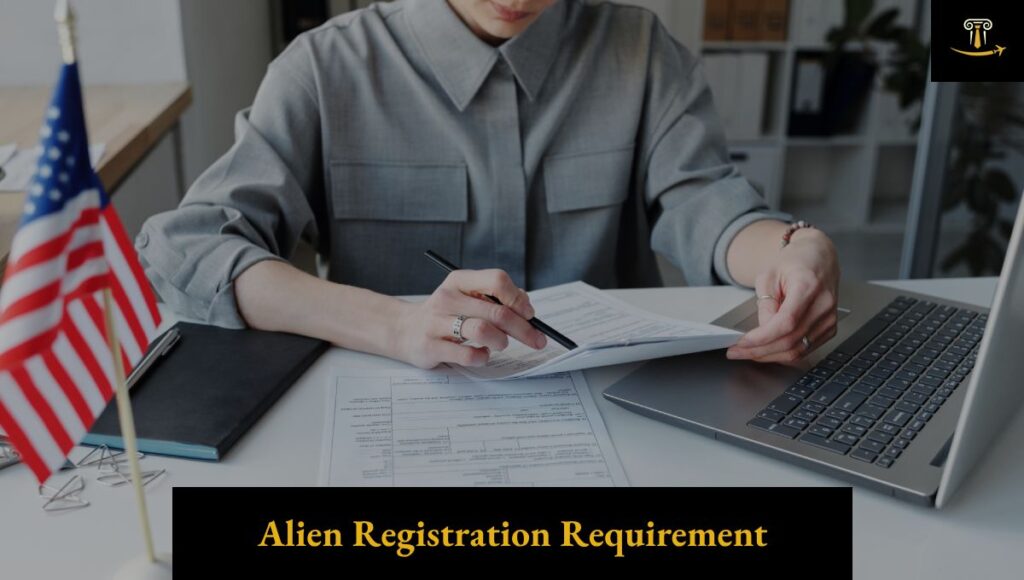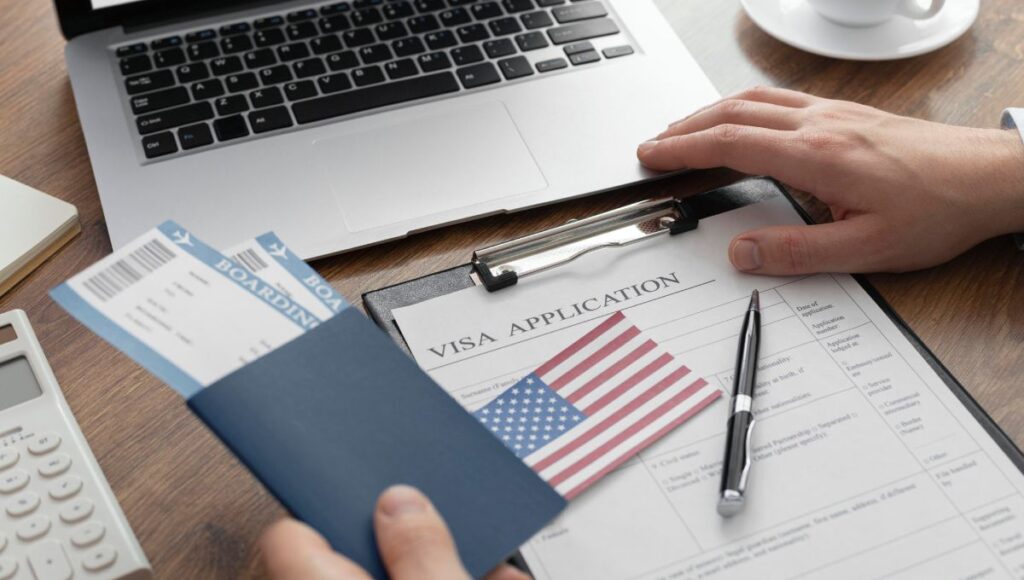Introduction
On September 19, 2025, the President of the United States issued a Presidential Proclamation titled “Restriction on Entry of Certain Non-immigrant Workers.” Acting under the authority of Sections 212(f) and 215(a) of the Immigration and Nationality Act (INA), the order introduces sweeping changes to how H-1B non-immigrant workers may enter the United States.
This reform represents one of the most significant shifts in employment-based immigration policy in over a decade. Employers who depend on H-1B professionals—particularly those hiring from abroad—must understand how this change affects sponsorships, compliance duties, and overall business strategy.
Overview of the Presidential Action
Effective Date and Duration
- The proclamation became effective at 12:01 a.m. EDT, September 21, 2025.
- It is currently set to remain in effect for 12 months, unless the administration extends or revokes it through a future proclamation.
New Supplemental Fee
A mandatory supplemental payment of US $100,000 is now required for certain new H-1B petitions. The additional fee applies as a condition of entry for affected workers and is payable by the petitioning employer at the time of filing.
Who Is Affected
- Covered: Individuals outside the United States for whom an H-1B petition or visa application is filed on or after the effective date.
- Not Covered:
- Workers already in H-1B status within the U.S.
- Petitions filed before September 21, 2025.
- Extensions, amendments, or transfers for existing H-1B employees.
Agency Directives
- The Department of Labor (DOL) is instructed to revise the prevailing wage structure, ensuring wages for H-1B positions better reflect the top of the local labor market.
- The Department of Homeland Security (DHS) is tasked with developing new rules to prioritize high-wage and high-skill roles in both adjudication and lottery selection.
Together, these steps aim to shift the H-1B program toward “high-value” employment and reduce reliance on lower-wage outsourcing models.
Impact on Employers
1. Increased Sponsorship Costs
Employers must budget for the $100,000 supplemental fee when planning new filings for workers located abroad. This cost may render certain roles—especially entry-level or lower-paid positions—financially unviable for H-1B sponsorship.
2. Restricted Entry for Overseas Employees
H-1B beneficiaries who are outside the United States will be denied visa issuance or entry if their petition is filed after the effective date and the required payment has not been made. Employers should coordinate carefully with employees abroad to avoid disruptions.
3. Limited Effect on Current H-1B Workers
The proclamation does not affect individuals already in valid H-1B status within the U.S. Petitions for extensions, amendments, or employer changes remain valid under current law. However, travel outside the country could trigger the new rules upon re-entry if a new petition or visa is required.
4. Strategic Workforce Planning
The reform compels employers to re-evaluate their use of the H-1B category. High-wage positions are likely to remain viable, while employers relying on large volumes of entry-level filings may need to shift toward:
- Hiring more domestic candidates,
- Exploring L-1 (intra-company transfer) or O-1 (extraordinary ability) options, or
- Establishing cap-exempt partnerships (e.g., with universities or nonprofit research entities).
5. Documentation and Compliance
Employers must retain proof of the supplemental fee payment and ensure all petition documentation aligns with current regulatory instructions. Future USCIS and Department of State guidance will clarify payment mechanisms, exemptions, and transitional issues.
Legal and Practical Uncertainties
The proclamation raises several unresolved questions:
- Legal authority: Because the fee and entry restrictions were issued through executive action rather than formal rule-making, legal challenges are expected from industry associations and immigration advocacy groups.
- Change-of-employer petitions: It remains unclear whether the fee applies when transferring an existing H-1B employee to a new U.S. employer.
- Operational implementation: Federal agencies are still defining procedures for collecting payments and verifying compliance at U.S. consulates and ports of entry.
- Economic consequences: There is concern that the policy may push top global talent toward competing jurisdictions, potentially affecting U.S. innovation and competitiveness.
Employer Action Plan
To remain compliant and minimize business disruption, employers should act promptly:
- Audit Ongoing and Planned Filings
Identify all H-1B beneficiaries located outside the U.S. and determine whether their petitions will fall under the new rule. - Budget and Forecast Costs
Incorporate the new supplemental fee into recruitment budgets and pricing models. - Coordinate with Immigration Counsel
Seek legal guidance to determine filing timing, applicability of exemptions, and documentation requirements. - Manage Employee Travel
Advise current H-1B employees to avoid unnecessary international travel until implementation procedures are clarified. - Review Workforce Strategy
Reassess staffing models, especially those heavily reliant on overseas talent. Evaluate alternate visa classifications where possible. - Monitor Regulatory Developments
Track forthcoming rule-making from DOL and DHS on prevailing wages and lottery priorities. Policies are expected to evolve rapidly in the months following implementation.
Conclusion
The 2025 H-1B Reform Proclamation marks a turning point in U.S. immigration policy. Its intent—to favor high-wage, high-skill employment—signals a departure from the program’s previous scale of usage by outsourcing and staffing firms.
For employers, the message is clear: H-1B sponsorship will become more selective, more expensive, and more scrutinized. Those who plan strategically, document carefully, and stay informed will be best positioned to navigate this new regulatory environment.
While litigation and agency rule-making may alter details over time, the underlying direction of policy is unmistakable: the United States intends to reserve the H-1B pathway for roles demonstrating substantial economic and skill-level justification.





